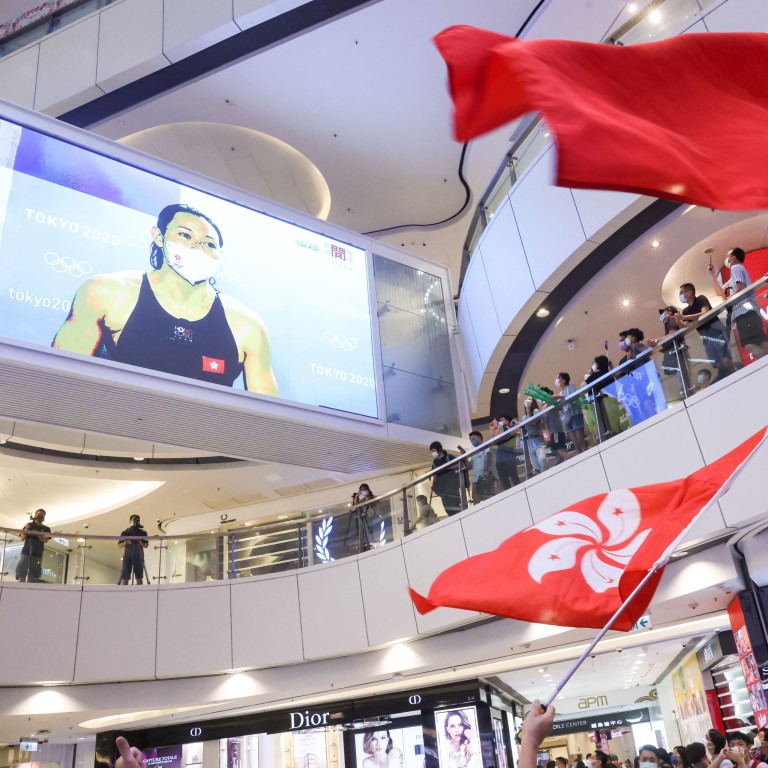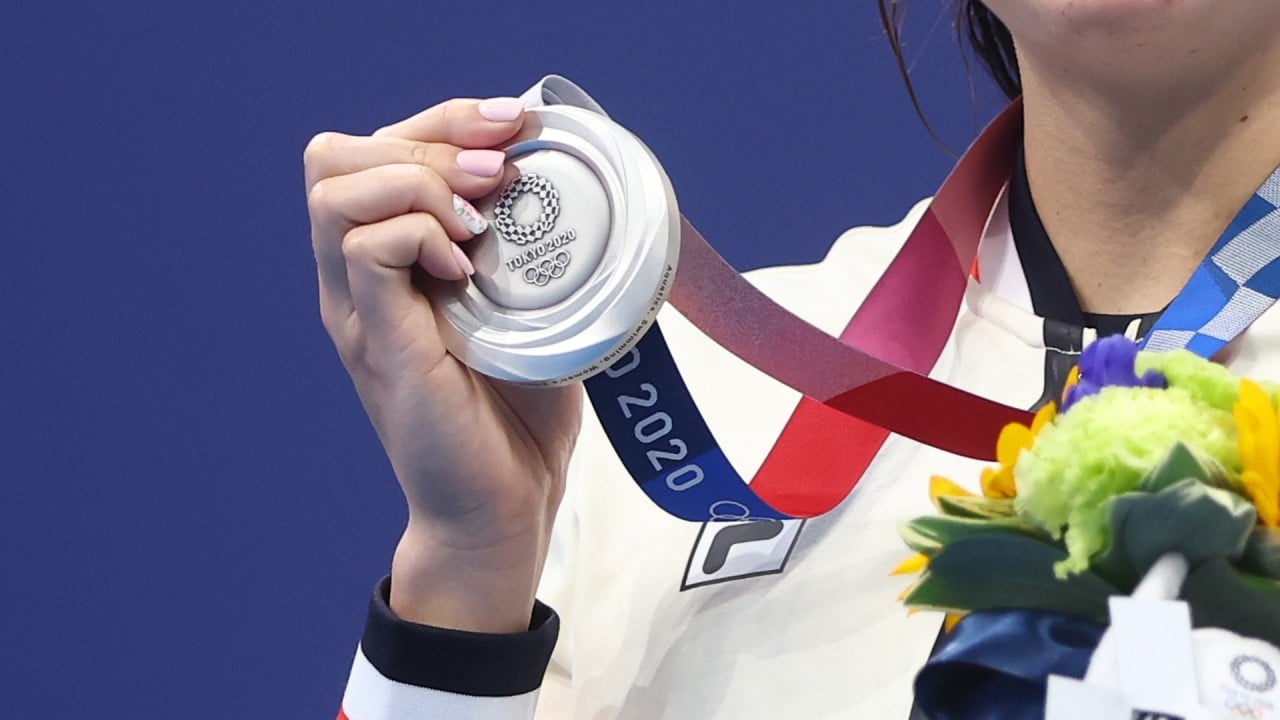
In Hong Kong’s Olympic glory, a glimpse of a hopeful new future
- Siobhan Haughey and Edgar Cheung Ka-long have shown us that even in the brave new era of the national security law, we can find ways to reclaim and rebuild the community we love
In the past few days, as Hong Kong’s malls erupted in joy at our Olympic victories, there has been not only pride and solidarity, but also temporary relief. It was only very recently that the same venues were the stage for discontent, anger and violence. For the moment, we can forget about the collective trauma of protest and pandemic that we have struggled through for the past two years, to celebrate our own hometown champions.
Siobhan’s story helps us to remember who Hongkongers are as a people. We are a unique mixture of cosmopolitan and native culture, dedicated to excellence, loyal to our city, and focused on our next generation.
A former British colony, built by hardworking Cantonese migrants to become one of the world’s most international cities. This collective identity has already been fashioned by more than a century of shared experiences and is not easily destroyed.
Open borders brought many economic benefits, but the massive influx of tourists and soaring housing prices also bred disgruntlement. Streets became unrecognisable due to disruptive visitors. Public hospitals were overwhelmed. Border crossings became congested with parallel traders. While property owners saw their bank accounts fattened by rising rents, youths found themselves ill-prepared to secure a future in the new economy.
Those who felt alienated by societal changes increasingly took to radical action. Eventually, a devastating confrontation exploded.
Losers all round in Angus Ng Olympic Games shirt saga
For the sake of our youth who face a world chock-full of adversity, we cannot continue down a self-destructive path of complacency and division.
We can rededicate ourselves to the pursuit of excellence. We can work together to invest in our city’s children. We can bind up our wounds and reimagine our city.
If we remember these lessons, the glory earned at this year’s Olympics will be not just an historic achievement in athletics, but a turning point for the whole of Hong Kong.
Michael Wong is a PhD candidate in Economics at MIT


